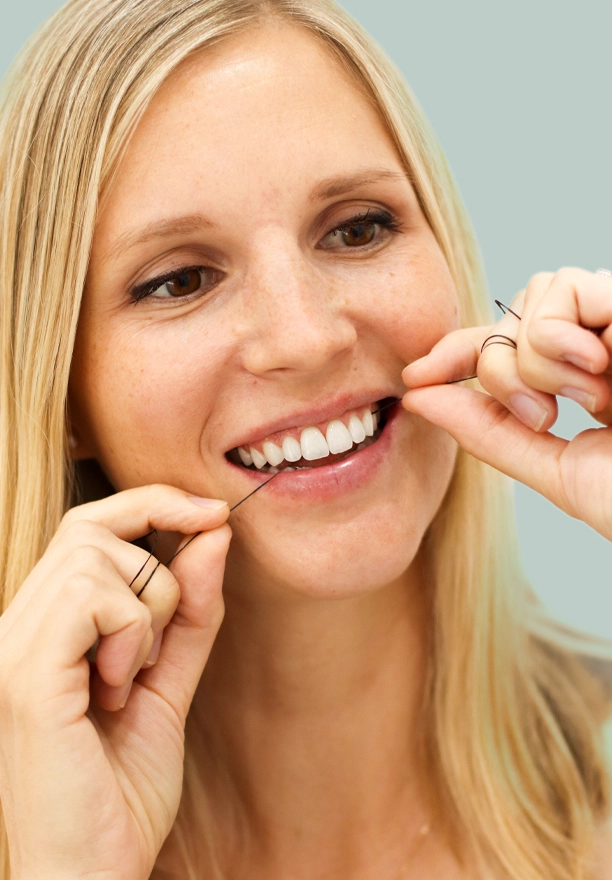A beautiful smile with veneers is a valuable asset. These custom-crafted coverings provide a stunning look, but they involve specific care to maintain their appearance and integrity. While durable, certain common daily habits can compromise them, leading to chips, stains, or premature wear. Protecting your investment means being mindful of these frequent activities.
Chewing on hard objects:
This is a primary cause of damage. Dental veneers Abu Dhabi are strong but not indestructible. The habit of chewing on ice cubes, pen caps, or fingernails creates intense pressure on the thin porcelain. This force can cause small chips to form at the edges or, in severe cases, lead to a complete fracture of the veneer. It is important to keep these objects away from your teeth.
Using your teeth as tools:
Teeth are for eating, not for acting as scissors or bottle openers. Ripping open a package tag or twisting off a bottle cap with your teeth places extreme and uneven stress on a veneer. This type of leverage can easily pop the veneer off its bonding or crack it. Always take a moment to find the proper tool instead.
Consuming staining foods and drinks:
Porcelain is stain-resistant, but the cement used to bond it to your tooth is not. Highly pigmented items like coffee, red wine, soy sauce, and berries can seep into the margins of the veneer, creating a dark, stained line at the gum line. This dulls the brightness of your smile and can be difficult to address without professional help.
Teeth grinding and clenching:
Known as bruxism, this habit, often done unconsciously during sleep or times of stress, is very damaging. The constant grinding applies excessive force and friction across the surface of veneers. Over time, this will wear down the porcelain, making it appear flat and less natural. It can also cause them to loosen. A dentist-provided night guard is essential for protection.
Brushing with abrasive toothpaste:
Some toothpastes, especially those marketed as whitening or tartar-control, contain harsh abrasives. These gritty particles can be too aggressive for the polished surface of veneers, creating microscopic scratches. These scratches make the veneers appear dull and lackluster by allowing stains to adhere more easily and by diffusing light improperly.
